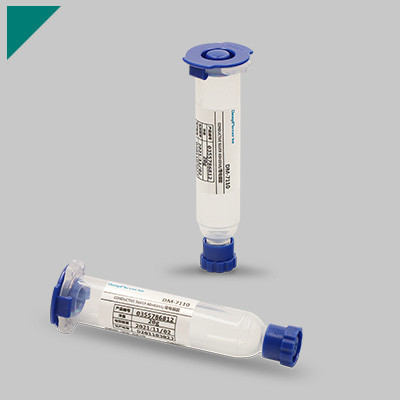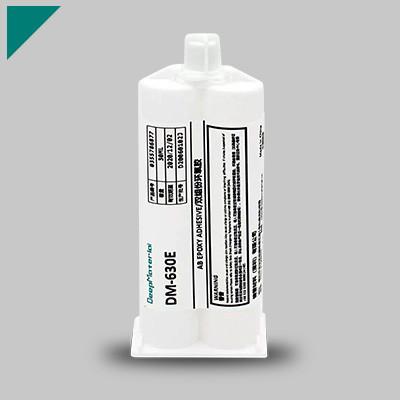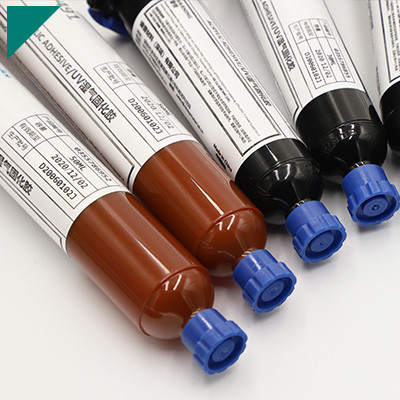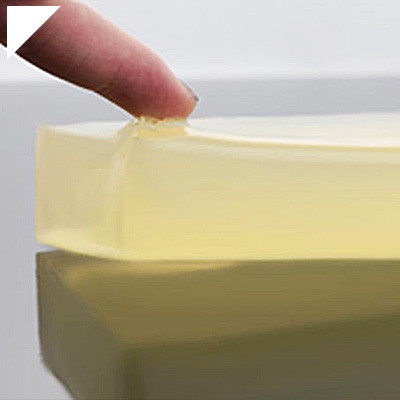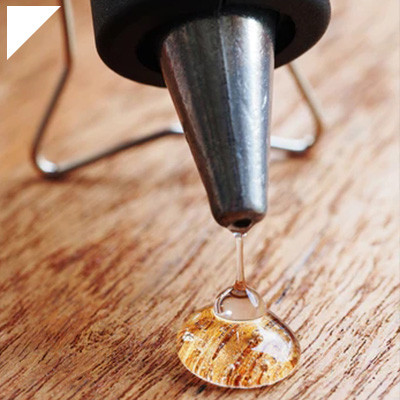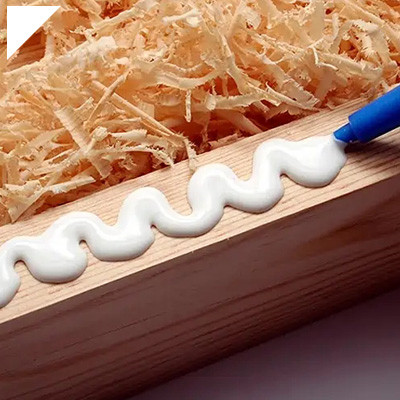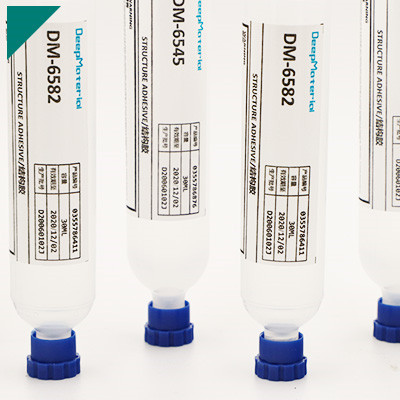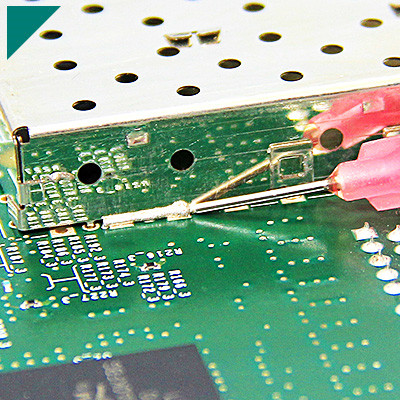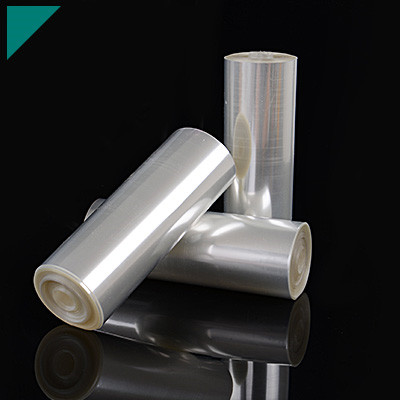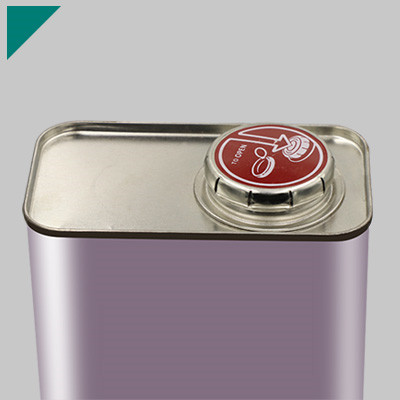Potting Compound For Sensors

Sensors are the unsung heroes of modern technology, facilitating the seamless operation of numerous devices we encounter daily. However, behind their efficiency lies a critical component often overlooked – potting compound. This article delves into the significance of potting compounds for sensors, understanding their role, types, and impact on sensor performance.
Understanding Potting Compound
A potting compound, or encapsulant or potting material, is used to encapsulate electronic components, protecting environmental factors such as moisture, dust, vibration, and temperature variations. In the realm of sensors, potting compound plays a pivotal role in safeguarding delicate sensing elements from external influences, ensuring their reliability and longevity.
Importance of Potting Compound for Sensors
- Environmental Protection: Sensors are often deployed in harsh environments, industrial settings, automotive applications, or outdoor installations. Potting compound forms a protective barrier around the sensor, shielding it from moisture, chemicals, and mechanical stress, extending its operational lifespan.
- Enhanced Stability: By encapsulating sensitive components within a stable matrix, the potting compound mitigates the risk of mechanical failures and electrical shorts, thereby enhancing the overall stability and reliability of the sensor.
- Improved Performance: Unencapsulated sensors are susceptible to drift and degradation over time due to exposure to external factors. The potting compound maintains the integrity of sensor calibration, ensuring consistent and accurate performance throughout its lifecycle.
- Customization and Flexibility: Potting compounds come in various formulations tailored to specific application requirements. Whether achieving a certain level of flexibility, thermal conductivity, or chemical resistance, manufacturers can select a potting material that best suits their sensor’s needs.
Types of Potting Compounds
- Epoxy Resins: Widely used for sensor encapsulation due to their excellent adhesion, chemical resistance, and mechanical properties. Epoxy resins offer versatility and can be modified to achieve desired characteristics such as thermal conductivity and flexibility.
- Silicone Rubber: Ideal for applications requiring flexibility and excellent thermal stability. Silicone potting compounds offer high dielectric strength and are well-suited for sensors operating in extreme temperatures.
- Polyurethanes: Known for their exceptional toughness and resistance to abrasion, polyurethane potting compounds are commonly used in rugged applications such as automotive and aerospace sensors.
- Polyesters: Offering good electrical insulation properties and moderate chemical resistance, polyester potting compounds are often chosen for cost-effective sensor encapsulation solutions.
Challenges and Considerations
While potting compounds enhance sensor performance, improper selection or application can introduce challenges. Factors such as cure time, viscosity, and compatibility with sensor materials must be carefully evaluated to ensure optimal performance and longevity. Moreover, inadequate potting can impede sensor functionality or cause signal interference, underscoring the importance of precision in encapsulation processes.
Conclusion
In the intricate ecosystem of sensor technology, potting compound emerges as a silent guardian, fortifying sensors against the rigors of the environment and preserving their functionality over time. From industrial automation to consumer electronics, the role of potting compound in ensuring sensor reliability cannot be overstated. As technology advances and sensors find increasingly diverse applications, the significance of potting compounds remains steadfast in safeguarding these vital components, enabling innovation and progress in myriad fields.
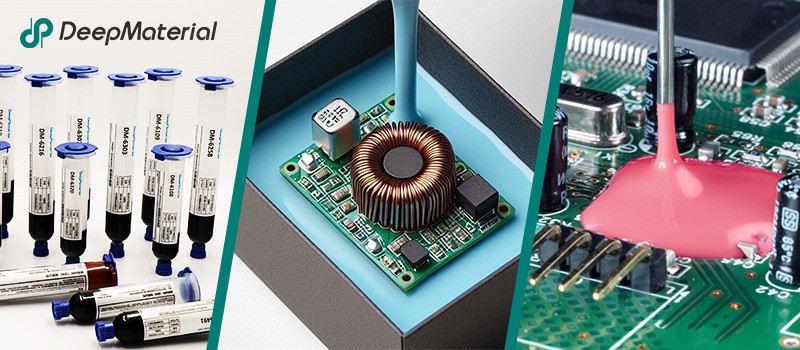
About DeepMaterial
DeepMaterial is a trusted supplier of encapsulant materials that are used in electronics manufacturing worldwide. From chip on board encapsulants such as glob top material to conformal coatings, underfills, low pressure molding, and potting solutions, DeepMaterial offers a full range of circuit board protection materials that effectively protect circuit boards while help reduce costs. More…Deepmaterial is a the manufacturer of epoxy adhesives including hardeners, metalbond, and metal filled resins. Structural, toughened medium viscosity, and non-sag adhesives are also offered. Some adhesives are resistant to thermal shock, chemical, vibration dampening, and impact. Suitable for metals, plastics, wood, and ceramics. Serves electronics, aerospace, automotive, tooling, marine, and construction industries. REACH and RoHS compliant. FDA approved. UL listed. Meets military specifications. We are the one of best adhesive manufacturers in China.
Blogs & News
Potting compounds are at the frontline of electronics assembly, delivering effective protection in challenging environmental conditions while improving mechanical strength and offering high electric insulation. Used within a variety of industries, electrical potting compounds are found within a broad range of consumer electronics, as well as used in applications across the automotive, aerospace, and other industries where electronic assemblies are prevalent.
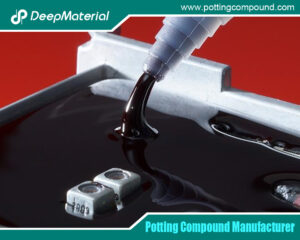
How to Prevent Voids in Circuit Board Potting: A Comprehensive Guide to Reliable Encapsulation
How to Prevent Voids in Circuit Board Potting: A Comprehensive Guide to Reliable Encapsulation Potting, the process of encapsulating a printed circuit board (PCB)
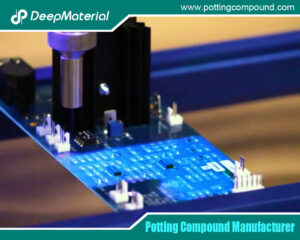
How to Choose the Right Potting Material for Your PCB
How to Choose the Right Potting Material for Your PCB Printed Circuit Boards (PCBs) form the backbone of modern electronics, but their delicate
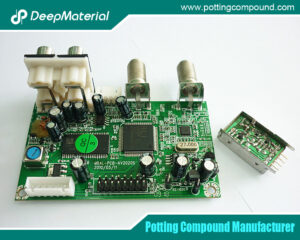
Basic Knowledge, Methods and Materials about Electronic Encapsulation
Basic Knowledge, Methods and Materials about Electronic Encapsulation In an era defined by ubiquitous electronics—from the smartphone in your pocket to the sensor monitoring
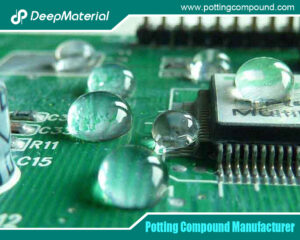
Electronic Encapsulation Technology to Enhance the Durability of Automotive Electronics
Electronic Encapsulation Technology to Enhance the Durability of Automotive Electronics The modern automobile has undergone a radical transformation, evolving from a predominantly mechanical machine
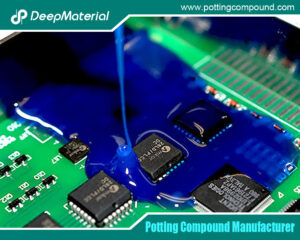
The Unsung Guardian: Why Silicone Potting Compound is Widely Used in the Electronics Industry
The Unsung Guardian: Why Silicone Potting Compound is Widely Used in the Electronics Industry In the intricate, invisible world that powers our modern lives—from
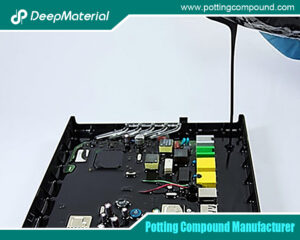
The Development Trend and Future Prospects of Electrical Potting Compound in the Glue Industry
The Development Trend and Future Prospects of Electrical Potting Compound in the Glue Industry In the intricate ecosystem of the adhesive and sealant industry,

